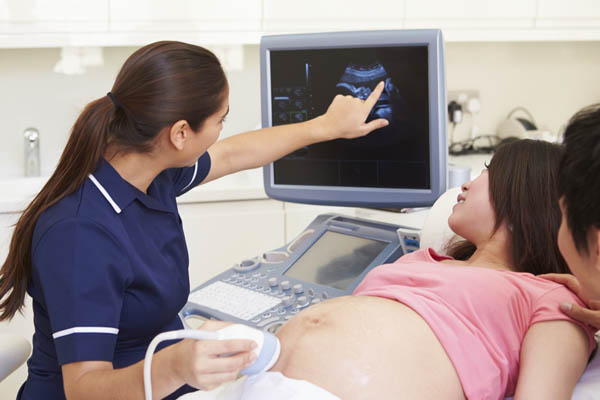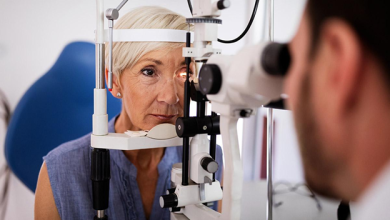Understanding The Role Of Obstetricians and Gynecologists in Detecting Uterine Fibroids

Meet Nidhee M. Sachdev MD. She’s an expert in the field of obstetrics and gynecology. In her role, she helps identify health issues affecting women. One such issue is uterine fibroids. Today, we’ll delve deep into how obstetricians and gynecologists like Dr. Sachdev play a vital role in detecting these fibroids. We’ll uncover the process, the significance, and the immense value they add to women’s health. Let’s begin.
The Importance of Early Detection
Uterine fibroids can lead to heavy bleeding, pelvic pain, and in some cases, fertility issues. Early detection is crucial. It leads to more effective treatments and improved health outcomes. You might wonder, how do obstetricians and gynecologists come into the picture? They are the frontline warriors here, playing a critical role in early detection.
How Obstetricians and Gynecologists Detect Fibroids
The process begins with a routine pelvic exam. The doctor feels the size of the uterus. If it feels enlarged, they may suspect fibroids. They further confirm it through ultrasounds or MRIs. But that’s not all. Doctors also evaluate the size, location, and number of fibroids. This helps them decide the best treatment approach.

Comparing Detection Methods
Let’s look at some of the most common methods doctors use to detect fibroids:
| Method | What it Does | Why it’s Used |
| Pelvic Exam | Checks the size of the uterus | First step in detecting an enlarged uterus |
| Ultrasound | Provides images of the uterus | Confirms presence of fibroids |
| MRI | Offers detailed images of the uterus | Determines the size and location of fibroids |
Next Steps After Detection
Once the fibroids are detected, the doctor discusses the treatment options with the patient. These can range from medications to manage symptoms, to surgery for removing fibroids. The choice largely depends on the patient’s condition and desire to have children in the future.
In conclusion, obstetricians and gynecologists play a crucial role in women’s health. They are the ones who detect health issues like uterine fibroids early. This allows for effective treatment and better health outcomes. So, regular visits to these healthcare professionals are key.





